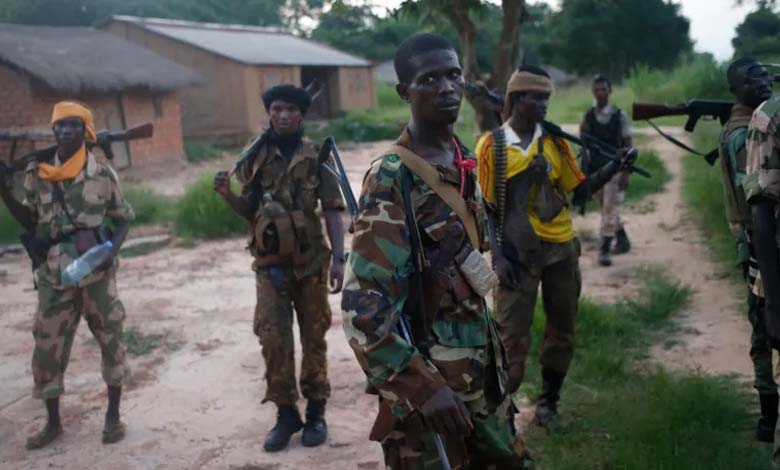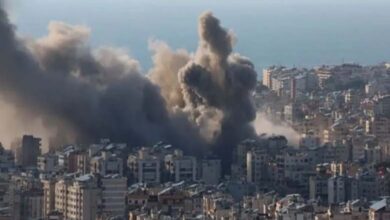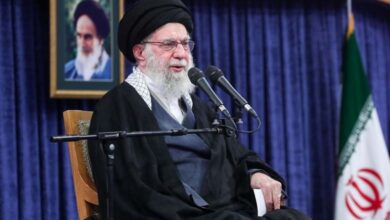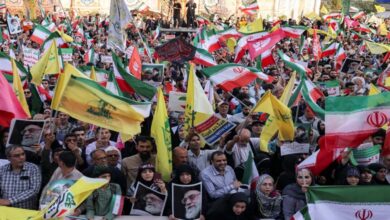Central Africa: ‘Headless’ Bodies Revive the Specter of Sectarian Conflict

Two tortured bodies in a sitting position, backs against the wall, with their severed heads placed in their hands.
A horrific scene appeared in a video widely circulated in Central Africa for a week, evoking one of the worst phases of the sectarian war in this troubled African country.
While some armed groups attempted to blame elements of the army, the Ministry of Defense quickly distanced itself from any similar violations, denying any responsibility for the horrific scene circulated.
The ministry explained in a statement that it was aware of the death of warlord José Bafio along with a bandit during clashes, but emphasized that it had no information about the fate of the two bodies and was unable to identify the bodies circulating in the images.
The picture immediately reminded Enrica Picco of the International Crisis Group that the intense violence at the start of the sectarian war, more than 10 years ago, between the “Séléka” coalition (majority Muslim) and the Christian “Anti-Balaka” militias, never ceased.
At that time, José Bafio himself had incited many abuses against the population in the Central African Republic, especially the Fulani ethnic group.
In the early 2020s, he helped President Faustin-Archange Touadéra’s forces repel an attack by a coalition of rebels on the capital Bangui.
His subsequent integration into the army was not profitable enough for him, and he became a rebel leader again.
“Horrible Crimes”
In his statement, Central African Interior Minister Ramo Claude Biro did not fail to commend the success of the armed forces and their Russian allies’ operation in the Boka province against a rebel group composed of former factions of the “Anti-Balaka” militias, which had integrated into the army before withdrawing from it.
For his part, Abdoulaye Diarra, a researcher at Amnesty International, calls on the Central African judicial system to investigate.
But according to Enrica Picco of the International Crisis Group, it will be extremely difficult to pinpoint who is specifically behind the beheadings and hold the perpetrators of such “horrible crimes” accountable.
She added in an interview with French media: “It is important to remain vigilant in the face of the systematic integration of militias into the army.”
Central Africa continues to suffer from the repercussions of a sectarian war that broke out more than 10 years ago, pitting the majority-Muslim “Séléka” coalition against the Christian “Anti-Balaka” militias.
The massacres forced Muslims to flee their homes in Bangui and across the country following the escalation of sectarian attacks.
Later, the crisis peaked with the installation of Catherine Samba-Panza, a Christian, as the new interim president in 2014, succeeding Michel Djotodia.
Djotodia was the first Muslim president of Central Africa since its independence from France in 1960, but he was forced to resign under regional and international pressure.












